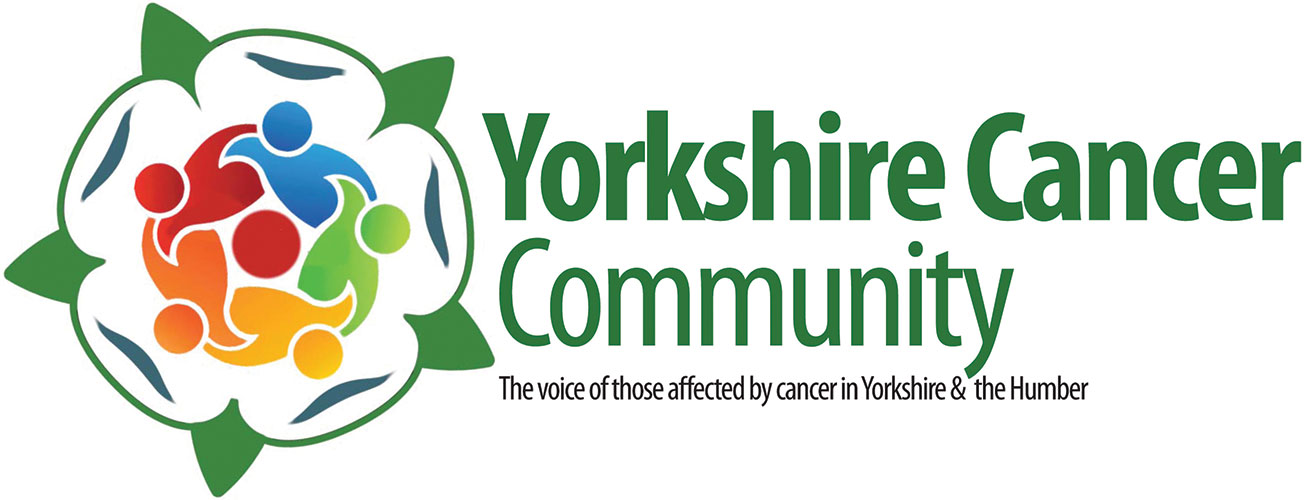February is Oesophageal Cancer Awareness Month – but what is Oesophageal cancer? Here one of our Cancer SMART cancer champions Bob Clayden explains how he was diagnosed with oesophageal cancer.
The first sign that there was something wrong with his health was when Bob recognised he was having difficulty swallowing food. It seemed a minor ailment – and one that didn’t overly concern the normally fit and healthy Community Artist.
He had mentioned it as an aside to his GP during a telephone consultation, but didn’t take any further action until he went on holiday to Greece. His speech therapist sister, Mary, picked up on his difficulties during a family meal, and urged him to get a proper consultation. Her husband had oesophageal cancer, something that Bob had never considered.
Bob’s GP took into account his swallowing problems, combined with his family history of cancer, and referred him for a gastroscopy – a procedure to look inside the oesophagus.
Bob was advised results took around eight weeks, but within the day, he was being invited to Pinderfields Hospital, Wakefield, for an appointment with a consultant.
“I realised it must be pretty serious at that point,” he added.
Following a diagnosis, and a meeting with a Clinical Nurse Specialist, Bob describes the process as ‘quite a conveyor belt’ as he received FLOT, named after the initials of the drugs used in the chemotherapy unit. He received four cycles of the infusion, each cycle lasting 14 days.
During this time he felt well enough to continue running workshops at Yorkshire Sculpture Park. Following a period of recovery, he was scheduled for surgery at St James’ Hospital, Leeds, to remove part of his stomach and oesophagus.
Unfortunately there were complications which meant Bob had to stay in hospital for around one month, being fed through a tube.
Once fully recovered he returned to his regular fitness regime, swimming and taking part in a joint mobility class.
Looking back he said he would urge anyone with swallowing difficulties to contact their GP. “It can sound trivial, but it’s not. Don’t be put off ……it’s worth getting checked out.”
Oesophageal cancer is a type of cancer that develops in the food pipe, the tube that links the mouth to the stomach.
According to www.gutscharity.org.uk it affects men more often than women, with almost seven out of ten cases being male and it’s particularly common among white males. The risk of developing oesophageal cancer increases with age, with drinking, smoking and being overweight also increasing risk.
Over 9,200 people were diagnosed with the disease in the UK in 2015, and from those almost 8,000 died (85% mortality rate). One of the reasons this type of cancer is so lethal is that it doesn’t usually cause any symptoms in the early stages, so it is often picked up late, when the cancer has grown bigger or already spread.
Symptoms of oesophageal cancer can include:
• difficulty swallowing
• persistent indigestion or heartburn
• bringing up food after eating
• loss of appetite and weight loss
• Pain or discomfort in the upper chest, tummy or back
These signs can be caused by other conditions and often are not due to cancer, but it is important to get them checked out.
Another source of information is the Oesophageal Patients Association: www.opa.org.uk
